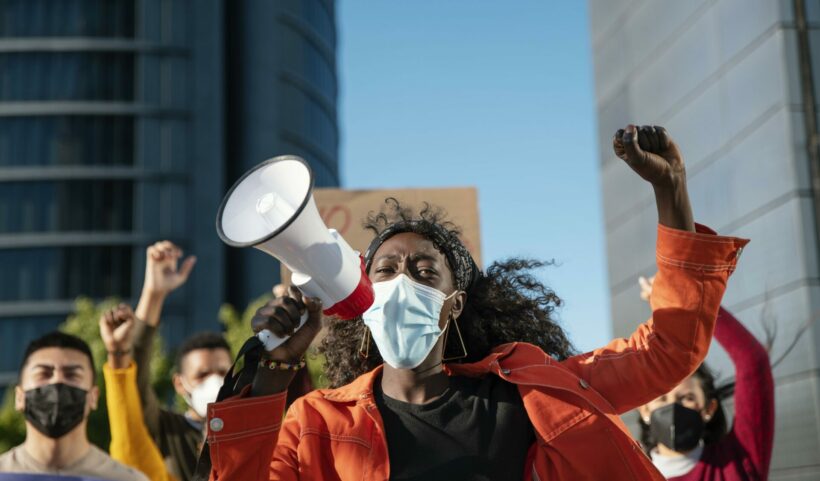Two people were killed, 35 arrested and around 200 injured in Kenya during protests in several cities against a government-backed bill to increase or introduce new taxes. The information was provided by five organisations, including Amnesty International (AI), and compiled by AI’s Kenya office, the Law Society of Kenya, the Kenya Medical Association, the Independent Medical Legal Unit and the Coalition of Defenders. Twenty of those arrested were in Nairobi, the epicentre of the demonstrations, which took place in 19 of the country’s 47 counties.
“At least 200 people were injured in Nairobi. Their injuries range from fractures, gunshot wounds, soft tissue injuries and tear gas inhalation,” the organisations said in a joint statement. They added that fifty of the injured had been referred for further specialist treatment and that there were five casualties from injuries caused by rubber bullets, tear gas canisters and police batons. The organisations also confirmed the presence of live ammunition and called on the police to refrain from excessive use of force, intimidation and arbitrary and unlawful arrests.
The protests were organised in response to a Finance Bill proposed by President William Ruto, which included new taxes such as a 16% VAT on bread and a 2.5% tax on motor vehicles, as well as increases to some existing taxes such as the mobile money transfer service. In the face of discontent, the chairman of the National Assembly’s Finance and Planning Committee, Kimani Kuria, announced that there would be amendments and that some taxes, such as VAT on bread and sanitary products and the car tax, would be removed.
This week’s demonstrations, unlike Kenya’s historic anti-government protests, were largely driven by young people through social media such as TikTok, X and Facebook, and were characterised by a nonviolent tone. Despite this, the authorities responded with a heavy police presence, using tear gas and water cannon to disperse protesters.
During the protests, many bystanders and businessmen expressed their solidarity with the demonstrators, sharing water, food and offering medical assistance. “Don’t amend, reject! Ruto must go!” were some of the slogans chanted by protesters in Nairobi during the ‘Occupy Parliament’ campaign.
The demonstrations have taken a heavy human toll, with at least two young people killed during the protests: Evans Kiratu, 21, and Rex Kanyike, 29. Rex Kanyike’s mother condemned the violent police response to the non-violent demonstrations. Gillian Munyao, Kanyike’s mother, expressed her grief and questioned the use of live bullets against people fighting for their rights, noting that her son was not armed and was only walking with a friend.
The recent protests in Kenya reflect deep dissatisfaction with the government’s fiscal policies and a growing demand for greater social and economic justice. The government’s response and the course of the demonstrations in the coming days will determine the country’s political and social future.
President Ruto said he wanted to engage in dialogue with the protesters to address their concerns. However, the protests continued to spread to other cities across the country, marking a week of mobilisation that could culminate in a national strike.






